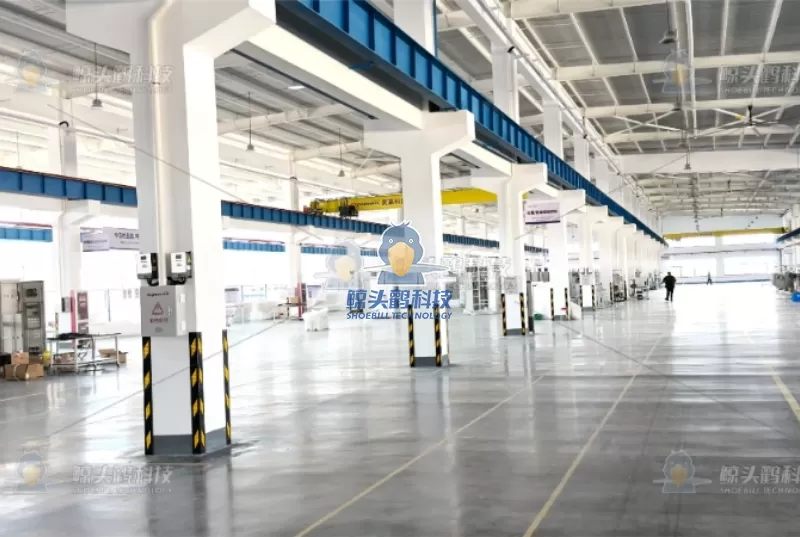In today's fast-paced world, efficient transportation plays a pivotal role in the success of businesses across various industries. While land and air transportation are widely recognized, water transportation often remains an underappreciated gem. This article aims to shed light on the advantages of water transportation, exploring its unique features, cost-effectiveness, environmental sustainability, and global connectivity. By delving into these aspects, we can uncover the untapped potential and competitive edge that water transportation offers.
- Unparalleled Cost-Effectiveness:
Water transportation boasts several cost advantages that make it an attractive option for businesses. Firstly, the carrying capacity of ships surpasses that of any other mode of transportation, allowing for large-scale cargo shipments. This bulk transportation reduces per-unit costs, making it economically viable for industries dealing with heavy or bulky goods. Additionally, water transportation offers lower fuel costs compared to air transportation, contributing to overall cost savings. These financial benefits make water transportation an appealing choice for businesses seeking to optimize their supply chain and reduce operational expenses. - Environmental Sustainability:
In an era where environmental consciousness is paramount, water transportation emerges as a sustainable alternative. Ships emit significantly fewer greenhouse gases per ton-mile compared to trucks or airplanes, making it a greener option for long-haul transportation. Moreover, advancements in ship design and technology have led to the development of eco-friendly vessels, incorporating features such as hybrid propulsion systems and ballast water treatment systems. These innovations contribute to reducing the carbon footprint of water transportation, aligning with global sustainability goals. - Global Connectivity and Accessibility:
Water transportation provides unparalleled global connectivity, enabling businesses to access markets worldwide. With a vast network of ports and waterways, ships can reach even the most remote corners of the globe. This accessibility opens up opportunities for businesses to expand their customer base, source materials from diverse locations, and establish international trade relationships. Furthermore, water transportation facilitates the movement of goods between continents, fostering economic growth and enabling the exchange of cultures and ideas. - Infrastructure Resilience:
Water transportation infrastructure, such as ports and canals, often exhibits a high level of resilience compared to other modes of transportation. Ports can be strategically located to minimize the impact of natural disasters or geopolitical disruptions, ensuring a more reliable supply chain. Additionally, waterways are less susceptible to congestion and traffic delays, offering a more predictable and efficient transportation route. This resilience enhances the overall reliability of water transportation, making it an attractive choice for businesses seeking stability and continuity in their operations.
Conclusion:
Water transportation, with its unparalleled cost-effectiveness, environmental sustainability, global connectivity, and infrastructure resilience, presents a compelling case for businesses across industries. By harnessing the advantages of water transportation, companies can optimize their supply chains, reduce costs, and enhance their environmental stewardship. Embracing this often-underestimated mode of transportation can unlock a competitive edge, enabling businesses to thrive in an increasingly interconnected and environmentally conscious world.



More Stories
What Makes the Electric Farm ATV Vehicle a Serious Tool for Off-Road Terrain?
Door to Door International Container Shipping as Foundation for Predictable Global Trade
Discover the Advantages of TOPSTAR Electric Bikes for Commuting: Reviews Inside!